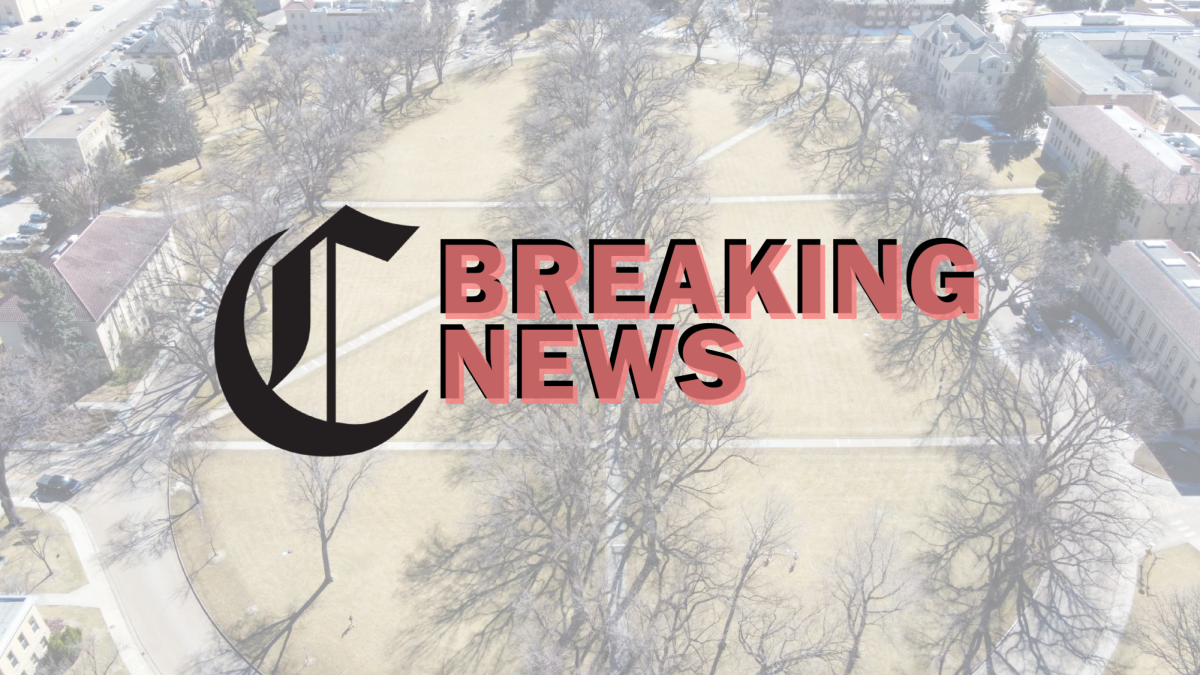Members of Colorado State University had the opportunity to learn about indigenous methodologies, scholarship and research during a lecture held in the Lory Student Center Sept. 26.
In order to properly recognize the scholarship of indigenous peoples, there is a requirement to actually see the scholarship of indigenous peoples, according to a presentation from Margaret Kovach (Sakewew p’sim iskwew), a professor of education at the University of Saskatchewan and author of “Indigenous Methodologies: Characteristics, Conversations and Contexts.”
Ad
“If we are to uphold indigenous scholarship in western university zones of contact, we must come up with policy and practices that allow us to do that,” Kovach said.
In her lecture, Kovach, who is of Plains Cree and Saulteaux ancestry, spoke about the research and scholarship of indigenous peoples and proposed a framework for how such scholarship can be better recognized and accepted in universities.
What are the kinds of things we need to see that demonstrate that indigenous scholarship will happen, according to our principles and benchmarks?” -Margaret Kovach, professor of education, University of Saskatchewan
Kovach said western culture and indigenous culture have two different approaches to knowledge and scholarship.
Indigenous culture, Kovach said, is focused on a holistic and integrated way of looking at scholarship, as opposed to a more Cartesian view by western culture.
“Indigenous holism tends to destabilize a Cartesian dualism,” Kovach said.
It is important to be able to recognize the indigenous views of scholarship in universities, Kovach said.
Kovach referred to universities as contact zones, defined as places “where cultures interact, clash and grapple with each other” while also being places of “potential for mutual recognition and healing.”
“Contact zones are alive, evolving and hopeful,” Kovach said. “Contact zones are also messy.”
Kovach focused on supporting indigenous faculty in achieving promotions or tenure, as standards for these are based on a western understanding of what constitutes knowledge.
Ad
In order to move past this, Kovach proposed a framework for recognizing indigenous scholarship.
“In order to develop or enhance existing tenure or promotions, there needs to be an organized effort at the local university level with full participation of indigenous peoples, both faculty and community, and partnership with university representatives,” Kovach said.
Kovach said this framework would focus on principles, criteria, evidence and adjudication that would support an indigenous scholarship. For example, Kovach asked for weight to be given to oracy and oral dissemination of research.
Kovach also suggested invitations to share knowledge in various community processes, as well as in public and academic venues.
“What are the kinds of things we need to see that demonstrate that indigenous scholarship will happen, according to our principles and benchmarks?” Kovach asked.
I’m glad that CSU is offering opportunities and events like this, but I’m wondering how much of it is actually being considered.” -Marcel Jardeleza, second year CSU master’s student
Cetan Christensen, a second-year master’s student at CSU, said it’s important to describe that there is a pathway and to recognize that it won’t happen on its own in a pre-established system.
“It is possible to create programs and processes, but you can’t expect that to happen in a Eurocentric system,” Christensen said.
Another second-year CSU master’s student, Marcel Jardeleza, asked how the University is supporting its graduate students.
“I’m glad that CSU is offering opportunities and events like this,” Jardeleza said. “But I’m wondering how much of it is actually being considered.”
Charlotte Lang can be reached at news@collegian.com or on Twitter @chartrickwrites.










